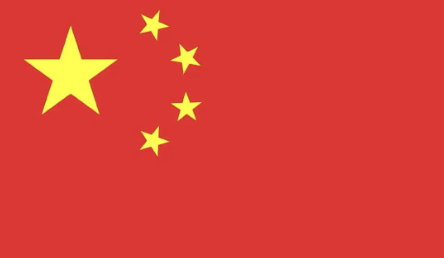Beijing Autumn Pear Syrup, a traditional local product, is believed to have existed since the Tang Dynasty. It was originally a medicinal remedy used in the royal court, and it wasn’t until the Qing Dynasty that it was passed on by imperial doctors to the public.
As a child, I didn’t drink enough water and often had heat-related issues. Drinking a bit of Autumn Pear Syrup water helped, and soon I found myself always thirsty. The elders in the family would warn me that it was a medicinal product and shouldn’t be consumed too frequently.

This shows just how great the taste is. Mixed with cooled water, it tastes sweet with a subtle pear fragrance—a flavor that children love. In fact, Autumn Pear Syrup has medicinal properties. Pears themselves are known for their ability to clear heat, soothe the lungs, relieve coughs, quench thirst, and calm the mind. When combined with other ingredients, the syrup helps treat conditions like excess heat, irritability, coughing, and dryness. Historically, traditional stores like Xinyuanzhai and Enjitang used to sell their own secret recipes of Autumn Pear Syrup.
Product Overview
- Chinese Name: Beijing Autumn Pear Syrup
- Preservatives: None
- Suitable for: Young adults, elderly
- Characteristics: Sweet, refreshing, and soothing to the lungs.
Crafting Process
The first step is selecting fresh autumn pears, cleaning them thoroughly, and grating them into shreds. The juice is then extracted using a cheesecloth. This juice is placed in a special copper pot lined with tin for slow boiling. During the boiling process, honey, sugar, and ginger are added, and depending on the formula, additional ingredients like poria, fritillary, and bird’s nest are included. After boiling until thick, the syrup is ready.
Product Features
The syrup is not only sweet and refreshing but also boasts health benefits, such as helping to clear heat, dissolve phlegm, relieve cough and asthma, calm the mind, and improve digestion.
Key Ingredients
Autumn Pear Syrup is made primarily from Beijing White Pears (such as Ya Pear or Snow Pear), combined with other herbs that help with coughs and lung hydration, such as rock candy, licorice, honeysuckle, chrysanthemum, mallow, Sichuan fritillary, Ophiopogon, poria, ginger juice, fritillary bulb, and honey. The recipe has evolved from the ancient “Autumn Pear Honey Syrup” recorded in the Ben Cao Qi Yuan.
Composition
Once processed, the syrup has a smooth, milky appearance, earning it the name “Jade Milk Syrup.” It contains fructose, glucose, citric acid, proteins, vitamins, and minerals like calcium, phosphorus, iron, along with poria enzymes and fritillary alkaloids. Many old Beijing residents have a tradition of buying a few bottles of Autumn Pear Syrup when they have persistent coughs instead of seeking medicine. It has a mild, pleasant pear fragrance, is sweet and easy to drink, and is loved by people of all ages.
Historical Development
Enjitang, a well-known Beijing brand, was founded by Liu Enji, the head of the four top imperial doctors during the Kangxi era of the Qing Dynasty. The Autumn Pear Syrup recipe was passed down from the royal court and remains a family secret to this day.
Modern Development
Today, Enjitang’s Autumn Pear Syrup is produced using modern equipment but follows traditional methods passed down through generations. This health product is especially helpful for clearing heat, soothing dryness, nourishing the lungs, and relieving coughs. Enjitang has earned widespread praise across the country and was named “China’s Famous Brand” in 2006.
Phoenix Lee https://chinese-tradition.com/beijing-autumn-pear-syrup-a-traditional-chinese-remedy.html
